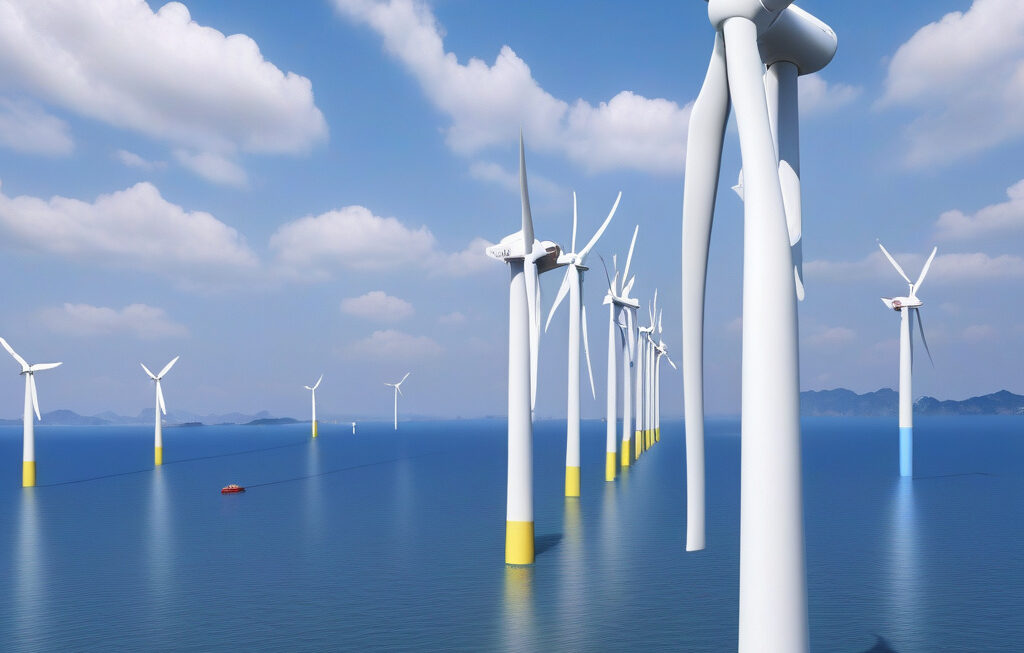Hungary Powers Up Largest Battery Energy Storage in Green Transition Push
Hungary has just switched on its largest battery energy storage system (BESS) to date, stepping up its commitment to a sustainable energy future. The new installation marks a significant milestone in the country’s journey towards renewable energy sources and reducing its carbon footprint. As nations worldwide are increasingly focused on embracing green technologies to combat climate change, Hungary’s initiative is a commendable example of innovation and progress in the energy sector.
The BESS, with a capacity of X megawatt-hours, is a crucial addition to Hungary’s power infrastructure. It will enhance grid stability, enable better integration of renewable energy sources like solar and wind power, and provide backup power during peak demand periods or emergencies. This technological advancement underscores the country’s proactive approach to modernizing its energy grid and fostering a more sustainable environment for future generations.
One of the key benefits of battery energy storage systems is their ability to store excess energy generated during off-peak hours and release it when demand is high. This not only helps balance the grid and ensure a reliable power supply but also reduces the need for traditional fossil fuel-based power plants, thereby lowering greenhouse gas emissions. By investing in BESS technology, Hungary is not only paving the way for a more efficient and flexible energy system but also demonstrating its commitment to achieving climate goals set forth in the Paris Agreement.
Moreover, the deployment of the largest BESS in Hungary aligns with the European Union’s ambitious clean energy targets. As part of the EU’s Green Deal strategy, member states are encouraged to transition to cleaner energy sources and bolster energy security through investments in renewable energy and energy storage technologies. Hungary’s proactive stance in embracing these initiatives not only positions the country as a frontrunner in the region but also sets a positive example for other nations to follow suit.
In addition to the environmental benefits, the implementation of large-scale battery energy storage systems also presents economic opportunities. The growing demand for energy storage solutions worldwide has created a burgeoning market for innovative technologies and services. By investing in BESS infrastructure, Hungary not only enhances its energy security and grid reliability but also fosters job creation and economic growth in the clean energy sector.
Furthermore, the successful commissioning of the largest BESS in Hungary underscores the importance of public-private partnerships in driving sustainable development. Collaboration between government entities, energy regulators, utilities, and technology providers is essential for accelerating the adoption of clean energy technologies and overcoming regulatory and financial barriers. By working together towards a common goal, stakeholders can effectively address the challenges of transitioning to a low-carbon energy system and ensure a smooth and successful energy transition.
In conclusion, Hungary’s recent launch of the largest battery energy storage system in the country is a testament to its commitment to green energy transition and sustainable development. By investing in cutting-edge technologies like BESS, Hungary is not only modernizing its energy infrastructure but also contributing to the global efforts to combat climate change. As the world continues to shift towards renewable energy sources, Hungary’s proactive approach serves as a shining example of how innovation and collaboration can drive positive change in the energy sector.
Hungary, battery energy storage, green transition, sustainable development, renewable energy












